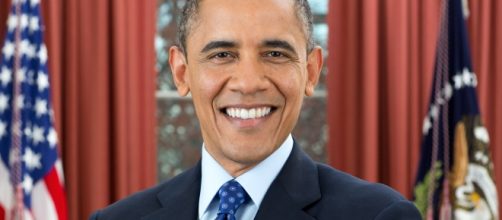A date for the BREXIT referendum is set for June 23rd, 2016. On that day, UK voters will decide whether to stay or leave the European Union. Passions are running high in families and communities across the UK where friends have turned into foes because of differences of opinion. Parties are also divided. Divisions among members of the Conservatives, on the surface, seem more visible. The Liberal Democrats are pro-EU whereas the UK Independence Party are for BREXIT. The Labour party by and large is pro-EU but some of its elected officials are involved in the Leave Campaign.
The Green Party is campaigning to remain in the EU. The Scottish National Party is campaigning for to remain. The BREXIT campaign will not follow the trend of polarisation of Northern Ireland. The Ulster Unionists Party is joining Sinn Fein, the Alliance Party and SDLP in campaigning for remaining in the EU. The Democratic Unionist Party is on the Leave side of the debate. In Wales, Plaid Cymru is on the remain side. Unusual allies are also expected to play their part.
In anticipation of Barack Obama’s support of the remain campaign during his visit, Boris Johnson, lead campaigner for the leave campaign, wrote an essay published by the Sun Newspaper on April 22nd, 2016. He suggested that ‘the part-Kenyan president’s ancestral dislike of the British Empire’ may be behind his support for the UK to remain in the EU.
He stressed that Obama’s dislike of the UK is evidenced by the removal of the bust of Winston Churchill from the Oval Office. Up to that particular moment in time, I had noted that both sides of the debate had members from ethnic minorities. It had never crossed my mind that voters’ views could be influenced by the legacy of colonialism.
Issues in the debate
Issues that might influence those who have made their home in the UK would relate to the mundane issues underpinned by self-interest. This would be true to anyone else no matter their ethnicity. Having said that ancillary debates in the BREXIT campaign, will influence the vote of people hailing from former colonies. Issues such as globalisation, immigration, international development, human rights and equality and diversity are coming up in the referendum debates.
These may influence the direction of the ethnic minorities’ vote over and above the issues of colonial legacy.
The polarisation of the debate means that there are no right or wrong statements. Any input even from such a powerful figure as President Obama, is likely to trigger a reaction. The spectrum of reactions ranges between endorsement by the happy side and condemnation by the side on the receiving end. Ultimately the UK voters will decide. Time will tell whether Obama’s input in the debate will have an effect in the outcome of the referendum. People from former colonies who have made the UK their home and eligible to vote will cast their ballot too. It will be interesting to study the influence of colonial legacy on their decisions on the day they cast their vote.

